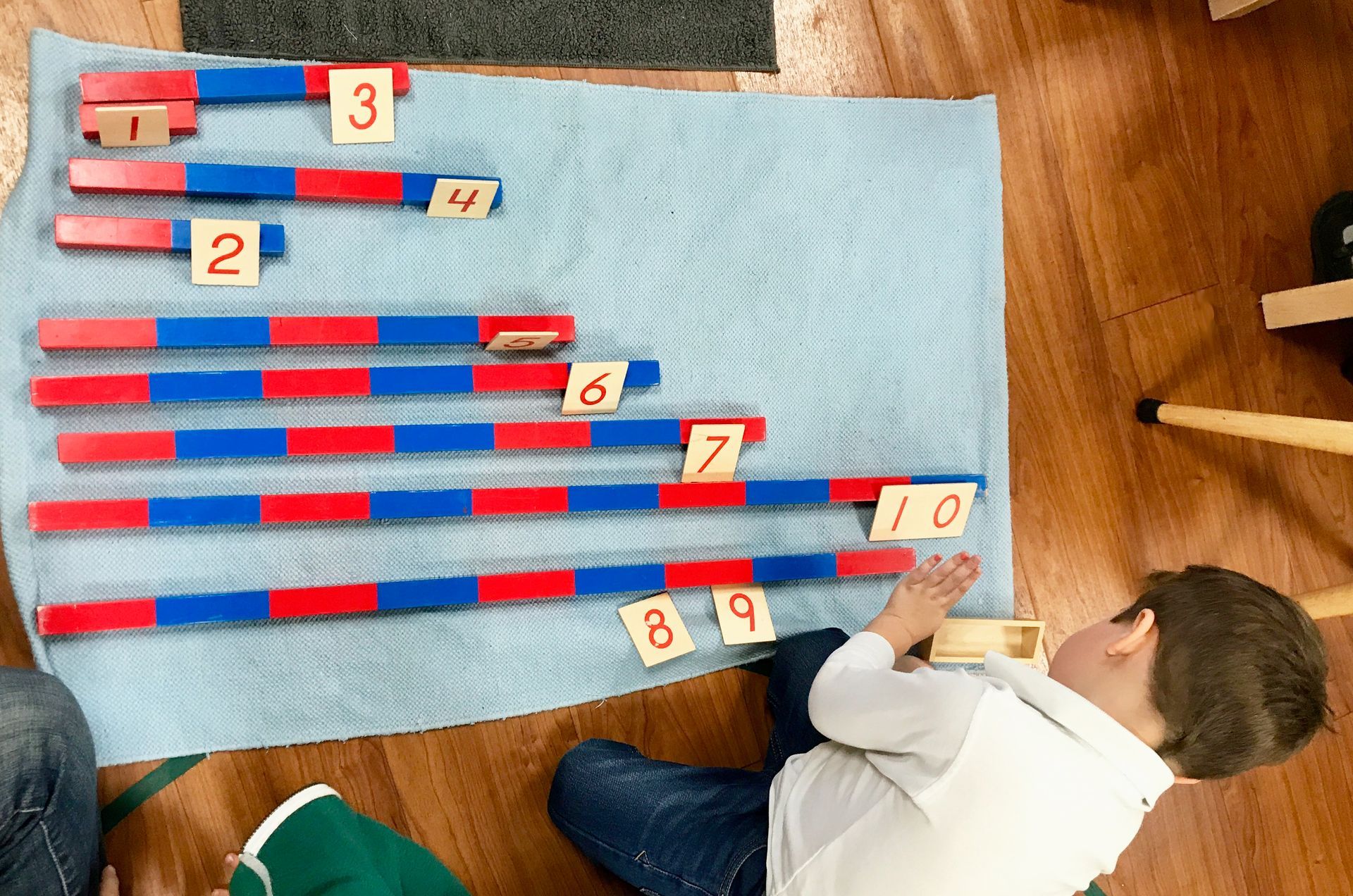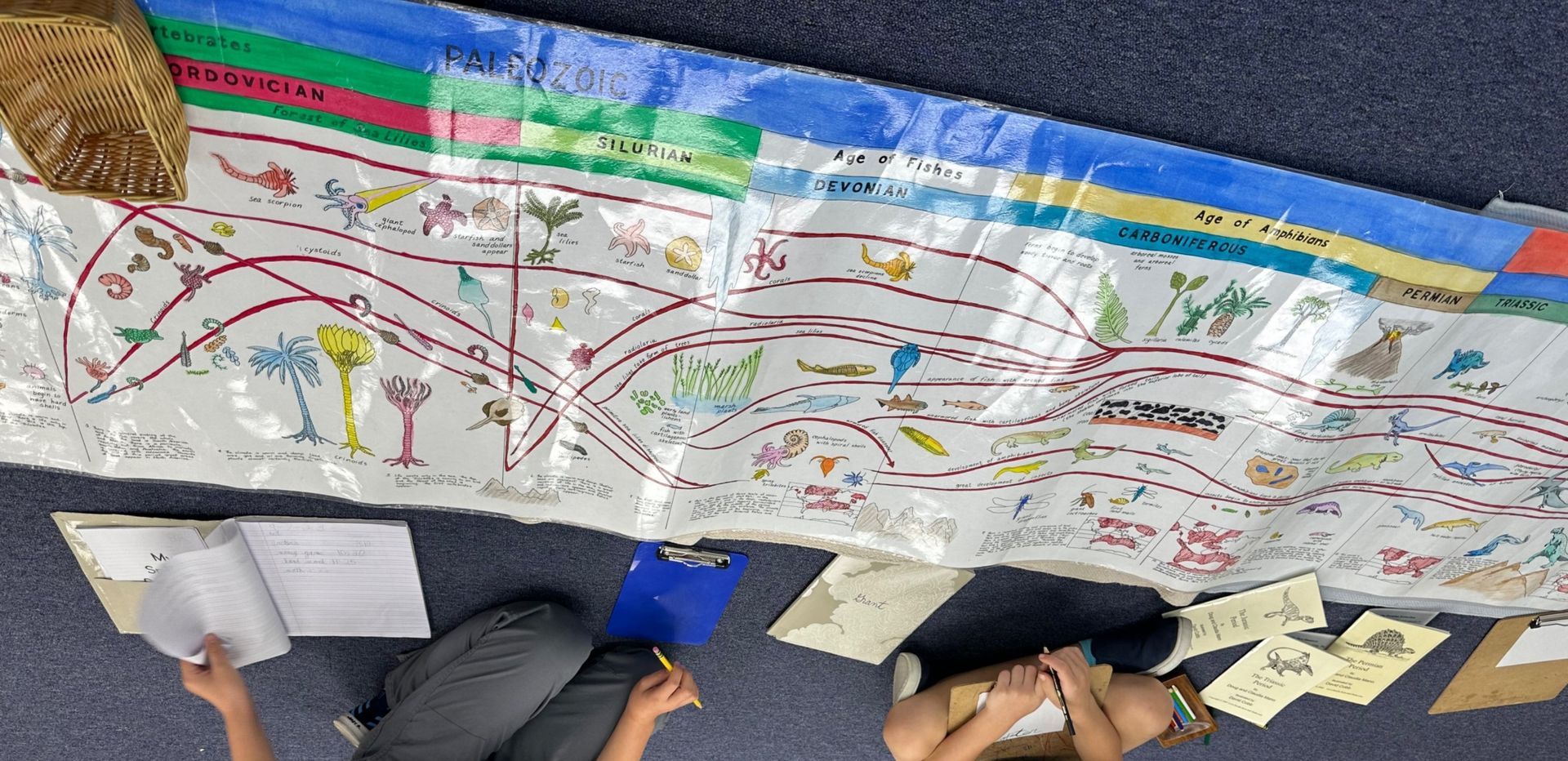Summer Fun with Sounds
Sheri Brennig • June 18, 2025
Phonemic Awareness is a Key to Reading
The key to reading is understanding that sounds make up words. At school, we begin with this awareness from the very beginning. In fact, we even call the letters by the sounds they make instead of by their common names. (Even older children who can read will love to play games with sounds.)
- “Let’s think of words that start with the sound ‘ssss’.” Brainstorm. Sand… silly… soon… spot… snake…
- Say a word. Ask the beginning sound. You may need to exaggerate the beginning sound of the word in question.
- Once there is accuracy in naming the beginning sound of words, ask the ending sound. You may need to exaggerate the ending sound of the word.
- Eventually work up to naming all the sounds in a word.
- Gather a collection of small objects from around the house. Next you are ready to play the game. The adult should choose an object from your selections. Say, “This is a shark. It begins with the “sh” sound.” Repeat with two to four more objects. For example, you could use a spoon, a marble, a rock.” Once all of the objects have been introduced, say “I’m thinking of an object. The one I’m thinking of begins with “mmmm” sound.” Wait while your child makes her selection. Of course, this game can also be played with ending and middle sounds. You can also take out one object at a time to identify all of its sounds together.
- Using the same idea, ask for help with the grocery list. “We need eggs. What does egg start with?” Sound out the rest of the word or words.




